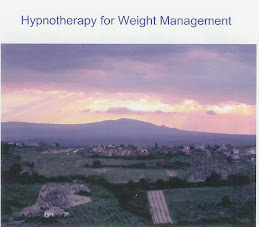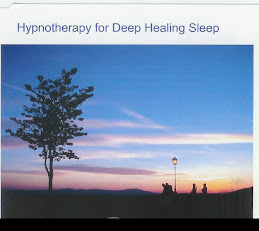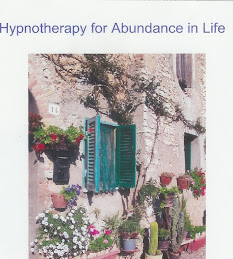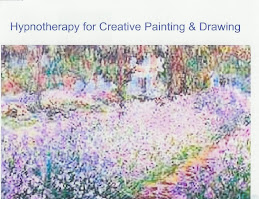Harvard Study on Hypnosis & Healing
The Harvard Gazette had an article regarding the use of hypnosis to help surgical wounds mend faster. A portion of the article is below. The whole article can be found at http://www.hno.harvard.edu/gazette/2003/05.08/01-hypnosis.html
Marie McBrown was invited to test whether or not hypnosis would help heal the scars from her breast surgery. Marie (not her real name) and 17 other women underwent surgery to reduce their breast size.
It's a common operation for women whose breasts are large enough to cause back and shoulder strain, interfere with routine tasks, or prompt social and psychological problems. The pain and course of healing from such surgery is well-known, and a team of researchers headed by Carol Ginandes of Harvard Medical School and Patricia Brooks of the Union Institute in Cincinnati wanted to determine if hypnosis could speed wound healing and recovery.
"Hypnosis has been used in Western medicine for more than 150 years to treat everything from anxiety to pain, from easing the nausea of cancer chemotherapy to enhancing sports performance," Ginandes says.
A list of applications she provides includes treatment of phobias, panic, low self-esteem, insomnia, sexual dysfunction, stress, smoking, colitis, warts, headaches, and high blood pressure.
"All these functional uses may help a person feel better," Ginandes continues. "I am also interested in using hypnosis to help people get better physically. That means using the mind to make structural changes in the body, to accelerate healing at the tissue level."
Four years ago, Ginandes and Daniel Rosenthal, professor of radiology at the Harvard Medical School, published a report on their study of hypnosis to speed up the mending of broken bones. They recruited 12 people with broken ankles who did not require surgery and who received the usual treatment at Massachusetts General Hospital in Boston. In addition, Ginandes hypnotized half of them once a week for 12 weeks, while the other half received only normal treatment. The same doctor applied the casts and other care, and the same radiologists took regular X-rays to monitor how well they healed. A radiologist who evaluated the X-rays did not know which patients underwent hypnosis.The result stood out like a sore ankle.
Those who were hypnotized healed faster
Wednesday, June 4, 2008
Subscribe to:
Posts (Atom)


















